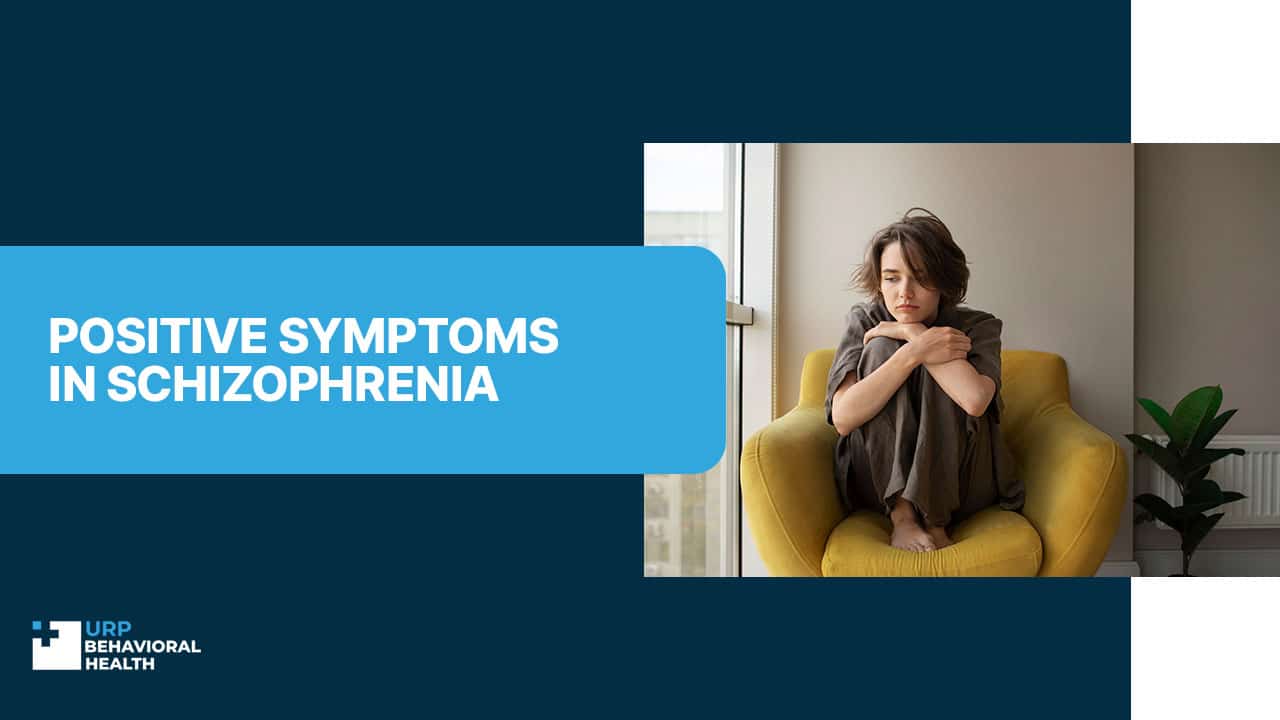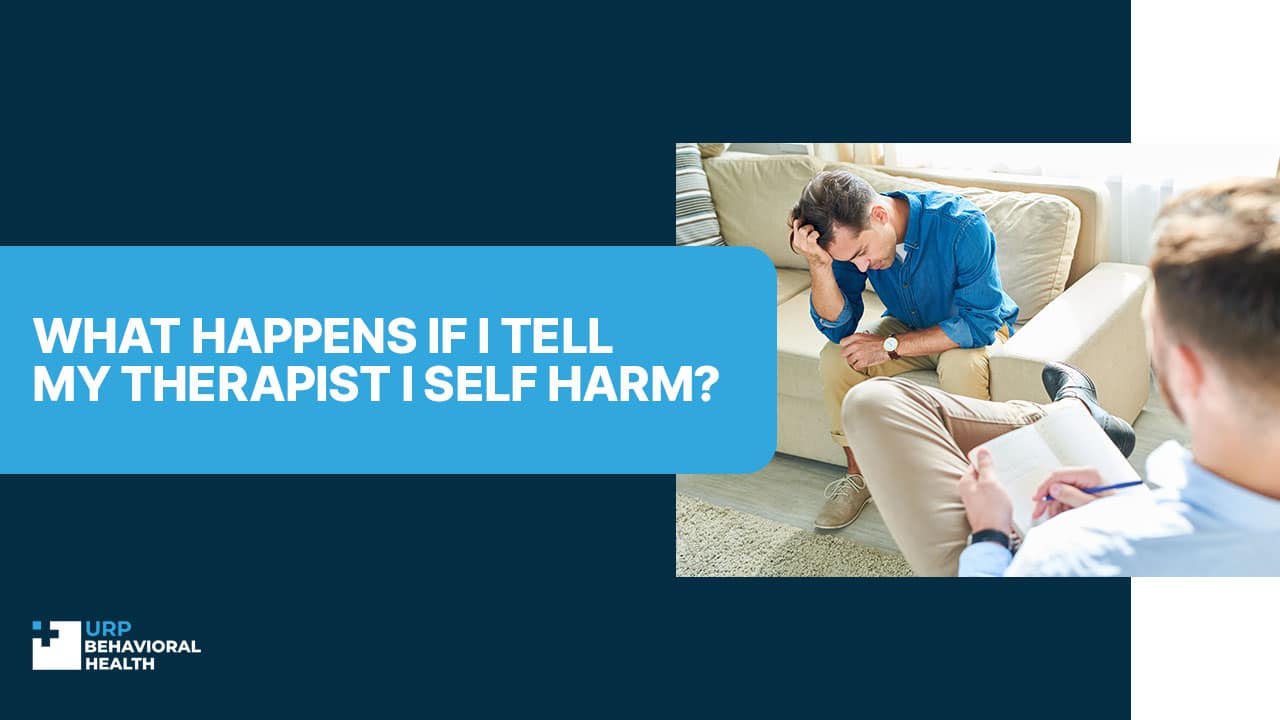
Positive Symptoms in Schizophrenia
Among the various symptoms of schizophrenia, positive symptoms stand out. These symptoms represent an excess or distortion of normal functions and include hallucinations, delusions, thought disorders, and paranoia. Understanding positive symptoms is crucial for providing effective treatment and support to those affected by schizophrenia.
What are Positive Symptoms of Schizophrenia?
Positive symptoms of schizophrenia are those that add abnormal experiences and behaviors to the individual’s life. Unlike negative symptoms, which are characterized by a loss or decrease in normal functions, positive symptoms reflect an increase or distortion in mental functions. These symptoms can be particularly disruptive and challenging for both the affected individuals and those around them. Identifying and understanding these symptoms is the first step toward effective treatment and management [1][2][3][4].
Positive Signs and Symptoms of Schizophrenia
Hallucinations
Hallucinations are sensory experiences that occur without an external stimulus. They can affect any of the five senses, but auditory hallucinations are the most common in schizophrenia. Individuals may hear voices that are not there, which can be distressing and confusing. Visual, olfactory, and tactile hallucinations can also occur, adding to the complexity of the condition. Schizophrenia with positive symptoms like hallucinations can significantly impact daily life and functioning. The intensity and frequency of these hallucinations can vary, making each case unique [1].
Our team will verify your insurance and design a plan tailored to your needs.
Delusions
Delusions are false beliefs that are firmly held despite evidence to the contrary. These can include paranoid delusions, where individuals believe they are being persecuted, or grandiose delusions, where they believe they have extraordinary powers or importance. Delusions can lead to significant distress and may result in behaviors that are difficult to manage. Understanding the nature of delusions is key to developing effective treatment strategies. Delusions often intertwine with other symptoms, exacerbating the individual’s overall condition [2].
Thought Disorder
A thought disorder is characterized by disorganized thinking that manifests in incoherent speech and difficulty organizing thoughts. This can make communication challenging and can lead to significant misunderstandings. Thought disorder is one of the positive symptoms of schizophrenia that can severely impact an individual’s ability to function in social and professional settings. Addressing thought disorders often requires comprehensive therapeutic interventions aimed at improving cognitive functions [3].
Paranoia
Paranoia involves intense and irrational mistrust or suspicion of others. Individuals with paranoia may believe that others are plotting against them or trying to harm them. This can lead to social withdrawal and can make it difficult to maintain relationships. Paranoia is often intertwined with other positive symptoms, such as delusions and hallucinations, exacerbating the individual’s distress and isolation. Managing paranoia involves building trust and providing a supportive environment [4].
Why are They Called Positive?
The term “positive symptoms” does not imply that these symptoms are beneficial. Rather, it refers to the presence of behaviors and experiences that are added to the individual’s mental state. These symptoms are “positive” in the sense that they are additional to normal mental functions. Schizophrenia positive symptoms can be particularly challenging to manage because they involve perceptual distortions and abnormal thinking patterns. Recognizing these symptoms as positive helps in differentiating them from negative symptoms, which involve a reduction or loss of normal functions [1][2].
Is Catatonia a Positive Symptom of Schizophrenia?
Catatonia is a complex syndrome that can manifest as either a positive or negative symptom of schizophrenia. It involves motor abnormalities, such as extreme agitation or complete immobility. While catatonia can be a part of schizophrenia, it is not exclusively classified as a positive symptom. The presentation of catatonia varies widely among individuals, and understanding its role in schizophrenia requires careful assessment and diagnosis. Effective treatment for catatonia often includes a combination of medical and therapeutic approaches to address the diverse symptoms [3].
Is Disorganized Speech a Positive Symptom of Schizophrenia?
Disorganized speech is considered a positive symptom of schizophrenia. It results from disorganized thinking and can include tangential speech, where individuals go off on unrelated topics, or word salad, where words are jumbled together without logical coherence. This symptom can significantly impair communication and social interactions, making it one of the more noticeable positive signs of schizophrenia. Addressing disorganized speech involves speech therapy and cognitive-behavioral interventions aimed at improving communication skills [4].
Diagnosis
Diagnosing schizophrenia involves a comprehensive assessment by a mental health professional. This includes a detailed medical history, clinical interviews, and sometimes psychological testing. Identifying positive symptoms is a crucial part of the diagnostic process, as these symptoms help differentiate schizophrenia from other mental health disorders. Early and accurate diagnosis is essential for effective treatment and management of the disorder. A thorough evaluation ensures that individuals receive the appropriate care tailored to their specific symptoms and needs. The diagnostic process often involves ruling out other potential causes of the symptoms to confirm a diagnosis of schizophrenia [1][2][3][4].
Reach out today and let us create a treatment plan designed around your needs.
Treatment for Positive Symptoms
Effective treatment for positive symptoms of schizophrenia typically involves a combination of approaches, including therapy, support, and medication management. It is essential to consult with a healthcare professional or visit a clinic for a comprehensive treatment plan. Therapy can help individuals develop coping strategies and manage stress, while support groups provide a community of understanding and encouragement. Early intervention and continuous care are vital for managing positive symptoms and improving overall outcomes for individuals with schizophrenia. In addition to professional care, lifestyle modifications, such as maintaining a healthy diet, regular exercise, and adequate sleep, can also play a significant role in managing symptoms and improving quality of life. Consistent follow-up care and support from healthcare providers are crucial to ensure long-term management of the disorder. The positive symptoms of schizophrenia may be caused by a combination of genetic, environmental, and neurobiological factors, highlighting the need for a comprehensive treatment approach [2].
Psychotherapy
Psychotherapy is a critical component of treatment for positive symptoms of schizophrenia. Cognitive-behavioral therapy (CBT) is particularly effective in helping individuals challenge and change distorted thoughts and beliefs. Family therapy can also be beneficial, as it involves family members in the treatment process, providing education and support to help them understand and manage the disorder. Other therapeutic approaches, such as social skills training and supportive therapy, can help individuals with schizophrenia improve their social interactions and overall functioning. Incorporating psychotherapy into the treatment plan ensures a holistic approach to managing the disorder and enhancing the individual’s quality of life. Regular therapy sessions and consistent support can help individuals develop resilience and coping mechanisms to deal with the challenges posed by positive symptoms. A positive symptom of schizophrenia would be a significant improvement in cognitive function through regular therapeutic interventions [3].
Conclusion
Understanding the positive symptoms of schizophrenia is essential for providing effective support and treatment. Hallucinations, delusions, thought disorders, and paranoia are significant symptoms that can profoundly impact an individual’s life. Recognizing these symptoms and their impact is crucial for developing comprehensive treatment plans that address the needs of individuals with schizophrenia. If you or someone you know is experiencing symptoms of schizophrenia, seeking professional help is crucial for managing the disorder and improving quality of life. Comprehensive care, including therapy and support, can make a significant difference in the lives of individuals with schizophrenia. Encouraging early intervention and continuous support can lead to better outcomes and help individuals lead fulfilling lives despite the challenges posed by schizophrenia. Awareness and education about schizophrenia and its positive symptoms can also reduce stigma and promote understanding within the community, leading to a more supportive environment for those affected by the disorder. The positive effects of schizophrenia treatment are evident in improved social interactions, better management of symptoms, and overall enhanced quality of life [1][2][3][4].
Don’t wait - confidential help is available right now for you or your loved one.
Sources
- [1] “Positive symptoms of schizophrenia: prevalence, mechanisms, and treatment”. https://pubmed.ncbi.nlm.nih.gov/9728731/
- [2] “Understanding schizophrenia: symptoms and diagnosis”. https://pubmed.ncbi.nlm.nih.gov/7879644/
- [3] “Cognitive-behavioral therapy for schizophrenia: a review”. https://pmc.ncbi.nlm.nih.gov/articles/PMC9374871/
- [4] “The role of catatonia in schizophrenia”. https://pubmed.ncbi.nlm.nih.gov/30105211/
















